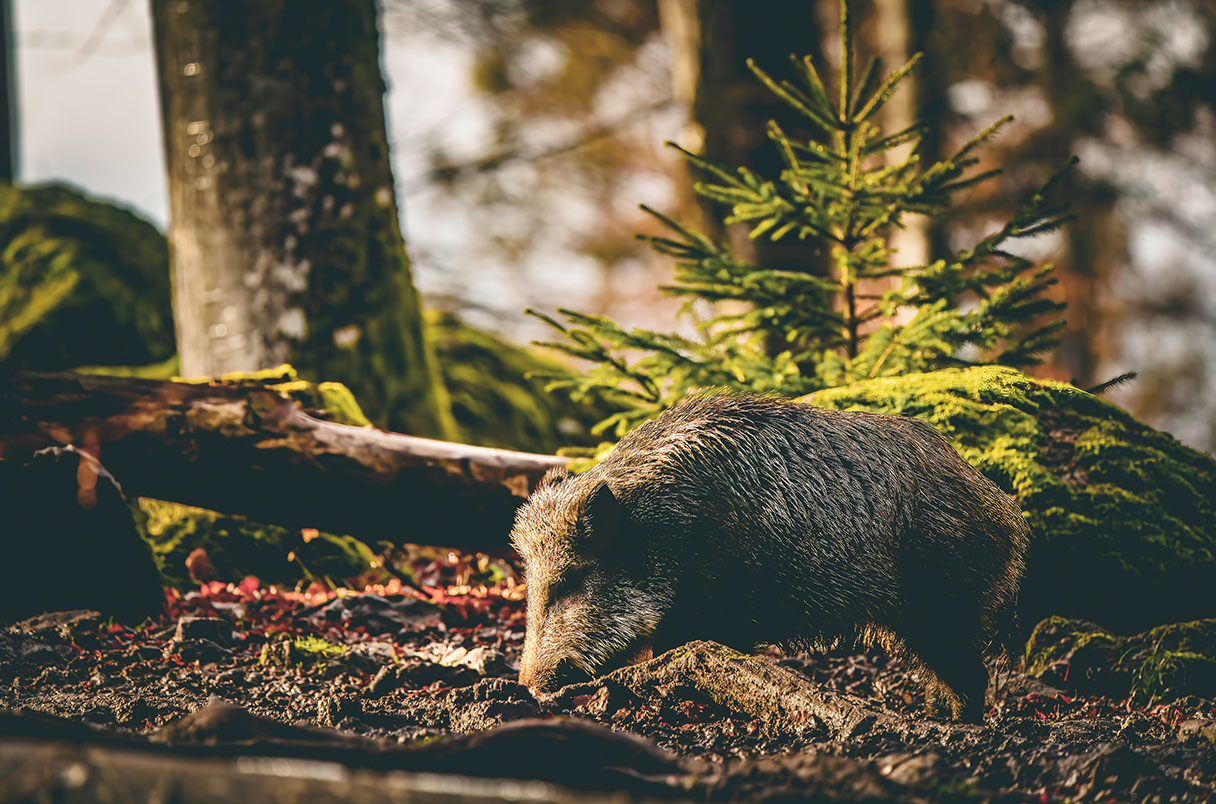MI weekly selection #525

Human ancestors nearly went extinct a million years ago
Humans almost faced extinction between 813,000 and 930,00 years ago when human ancestors’ population fell to about 1,280. Researchers studied the genomes of over 3,150 present-day people and found that human ancestors experienced a bottleneck for about 117,000 years, which may have driven the evolutionary divergence of modern humans, Neanderthals and Denisovans.
Full Story: Live Science
NASA satellite spies planet with longest orbital year
Astronomers have spotted an exoplanet with the longest known year that orbits its star every 16 months. The planet, called TOI-4600c, is roughly the size of Saturn, has a frigid temperature of -78 degrees Celsius and neighbors a warmer exoplanet in a solar system about 815 light-years from Earth.
Full Story: Space
Space debris threatens stability in orbit
Increasing numbers of lunar missions and satellite launches is quickly leading to proliferation in orbit, and experts are worried about the lack of governance around space junk. The debris, which includes defunct spacecraft, spent rocket boosters, and even small items like paint flecks, poses a risk to future missions and could lead to “Kessler syndrome,” where the amount of debris grows exponentially, making near-Earth orbit unusable.
Full Story: Nextgov
COVID-19 risk rises with prolonged exposure
The longer someone is in close proximity to a person with COVID-19, the higher the risk that they will also get the disease, regardless of vaccination status or prior infection. The findings, from a study of cases at 13 correctional facilities, confirm scientists’ suspicions that infection risk is correlated to the duration of exposure to SARS-CoV-2.
Full Story: Nature
Nuclear weapons tested long ago keep Germany’s wild boars off the menu
Wild boars in the mountains and forests of Bavaria, Germany, are radioactive from eating truffle mushrooms growing in soil contaminated with cesium from the fallout of some 500 atomic bombs detonated in the atmosphere during the Cold War. Radioactive fallout from the 1986 Chernobyl nuclear power plant disaster has long been thought to be the source of radioactivity in the boars, but radioactivity in most other animals has decreased with time, and researchers found high levels of radioactive cesium from both Chernobyl and nuclear weapons in samples of boar meat.
Full Story: Science